Rosemary Essential Oil 15ml
₹249.00 Original price was: ₹249.00.₹199.00Current price is: ₹199.00.
SKU: RSM1
Categories: Essential Oil, Hair care, Health
Tags: aromatherapy, cooking, hair growth, mental clarity, muscle tension relief, natural remedy, organic, respiratory health, Rosemary essential oil, skincare, wellness
Imtroduction of Rosemary Essential OIl
Rosemary essential oil is a natural extract derived from the leaves of the rosemary plant (Rosmarinus officinalis). It’s a versatile oil with a rich history dating back centuries, prized for its therapeutic benefits and refreshing aroma. Let’s delve into the world of rosemary essential oil, exploring its origins, extraction methods, uses, benefits, and precautions.
Origins of Rosemary Essential Oil
- Native Habitat: Rosemary is indigenous to the Mediterranean region, thriving in sunny and well-drained soil.
- Historical Significance: Ancient civilizations such as the Greeks, Romans, and Egyptians valued rosemary for its medicinal properties and culinary uses.
- Cultural Symbolism: Rosemary has symbolic significance in various cultures, often associated with remembrance and fidelity.
Extraction Process
- Steam Distillation: The most common method for extracting rosemary essential oil involves steam distillation. This process involves passing steam through the rosemary leaves, capturing the aromatic compounds and condensing them into a liquid form.
- Cold Press Extraction: Another method involves cold pressing the rosemary leaves to extract the oil. This method is less common but may be used for specific types of extraction.
Chemical Composition
- Main Components: The primary constituents of rosemary essential oil include cineole, camphor, pinene, and borneol.
- Aroma Profile: Rosemary oil boasts a fresh, herbaceous scent with woody undertones, invigorating the senses and promoting mental clarity.
Uses of Rosemary Essential Oil
Aromatherapy
- Diffusion: Add a few drops of rosemary oil to a diffuser to fill the air with its uplifting fragrance, promoting a sense of vitality and focus.
- Inhalation: Inhaling rosemary oil vapors can help clear the mind, improve concentration, and alleviate feelings of fatigue.
Topical Application
- Massage Oil: Dilute rosemary oil with a carrier oil like coconut or almond oil and use it for massage to soothe sore muscles and joints.
- Hair Care: Incorporate rosemary oil into hair care routines to stimulate hair growth, improve scalp health, and combat dandruff.
Home Remedies
- Congestion Relief: Inhalation of rosemary oil vapor can provide relief from respiratory congestion and sinus discomfort.
- Pain Management: Rosemary oil possesses analgesic properties that can alleviate headaches, muscle pain, and arthritis discomfort when applied topically.
Culinary Uses
- Flavor Enhancer: A drop or two of rosemary oil can elevate the flavor of savory dishes, marinades, and salad dressings.
- Herbal Infusions: Infuse olive oil with rosemary oil to create aromatic culinary oils for cooking and dipping.
Benefits of Rosemary Essential Oil
Mental Clarity
- Enhanced Focus: The invigorating aroma of rosemary oil can improve cognitive function, sharpen focus, and promote mental clarity.
- Memory Support: Some studies suggest that the scent of rosemary may enhance memory retention and recall.
Respiratory Health
- Decongestant: Inhalation of rosemary oil vapor can help clear nasal passages and relieve respiratory congestion.
- Antimicrobial Properties: Rosemary oil exhibits antimicrobial properties that may help combat respiratory infections and support immune function.
Hair and Scalp Health
- Stimulates Hair Growth: Massaging diluted rosemary oil into the scalp can stimulate hair follicles, promoting healthy hair growth.
- Dandruff Control: The antimicrobial properties of rosemary oil can help control dandruff and soothe scalp irritation.
Pain Relief
- Muscle Relaxant: Rosemary oil possesses analgesic and anti-inflammatory properties that can alleviate muscle pain and tension.
- Headache Relief: Applying diluted rosemary oil to the temples may provide relief from tension headaches and migraines.
Precautions and Considerations
- Dilution: Rosemary essential oil is potent and should be diluted with a carrier oil before topical application to prevent skin irritation.
- Pregnancy and Nursing: Pregnant or nursing women should consult a healthcare professional before using rosemary oil due to its stimulating properties.
- Allergies: Individuals with allergies to rosemary or other members of the Lamiaceae family should avoid using rosemary oil.
Be the first to review “Rosemary Essential Oil 15ml” Cancel reply
You must be logged in to post a review.
Related products
Sale!
Hair care
Hair care
Rated 5.00 out of 5
₹349.00
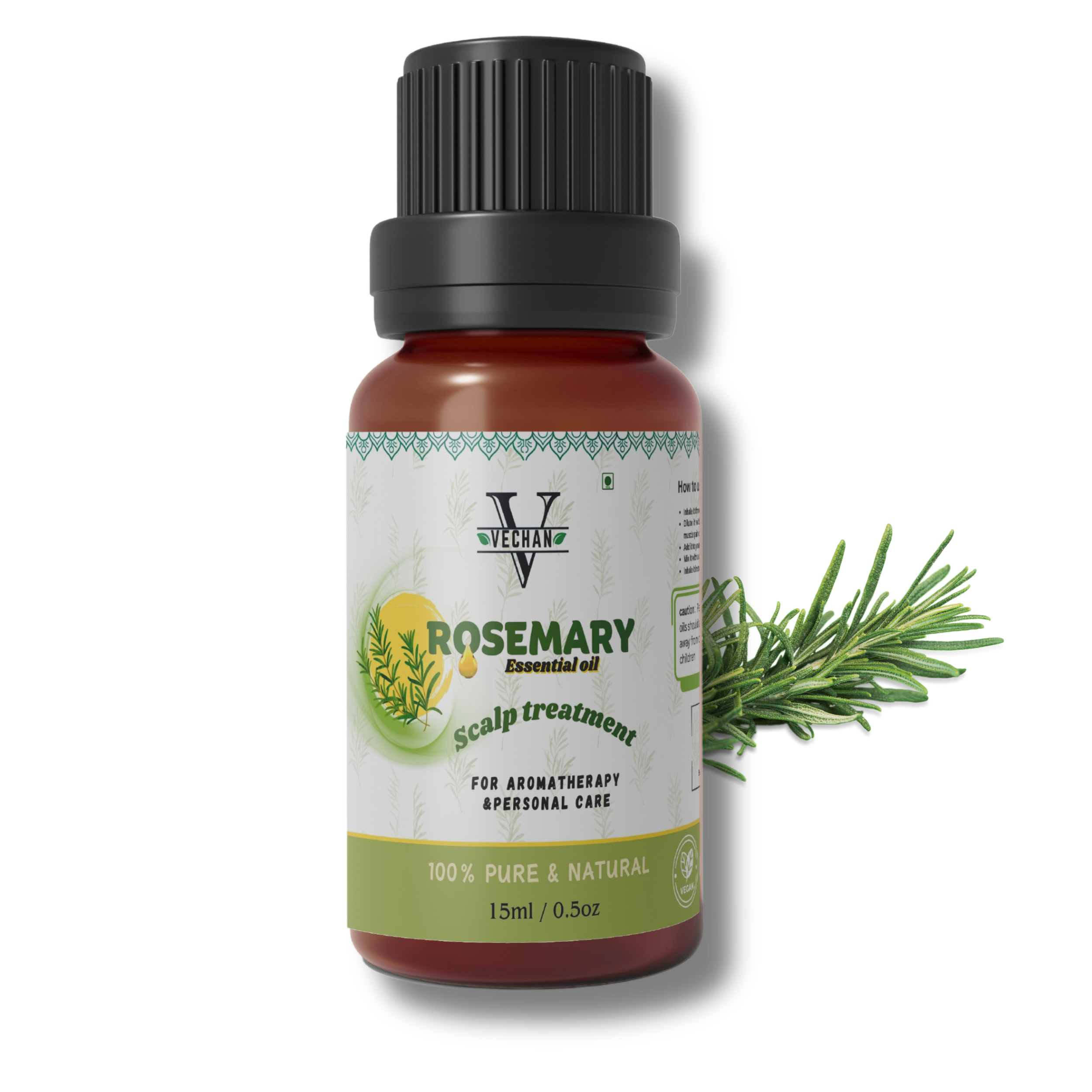

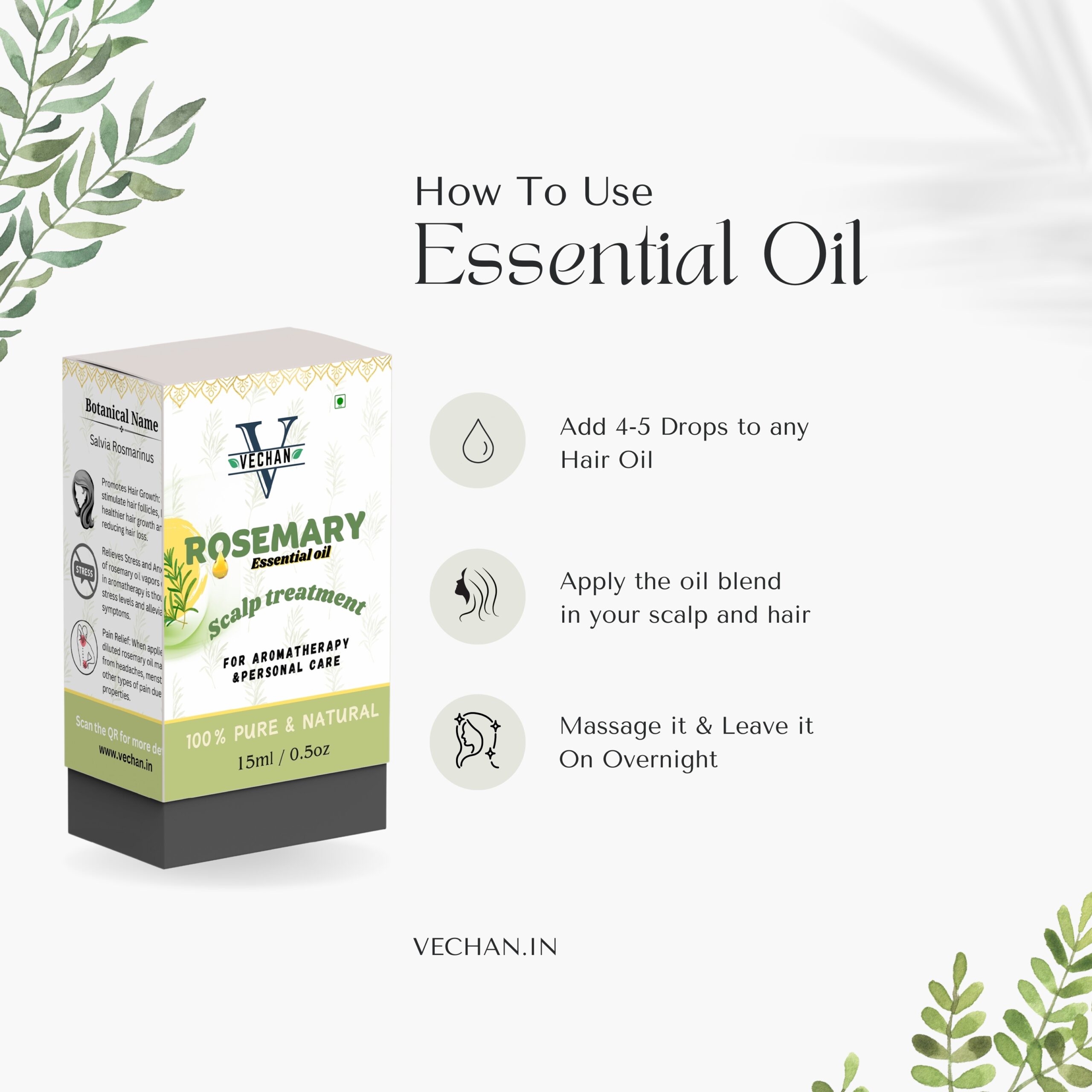
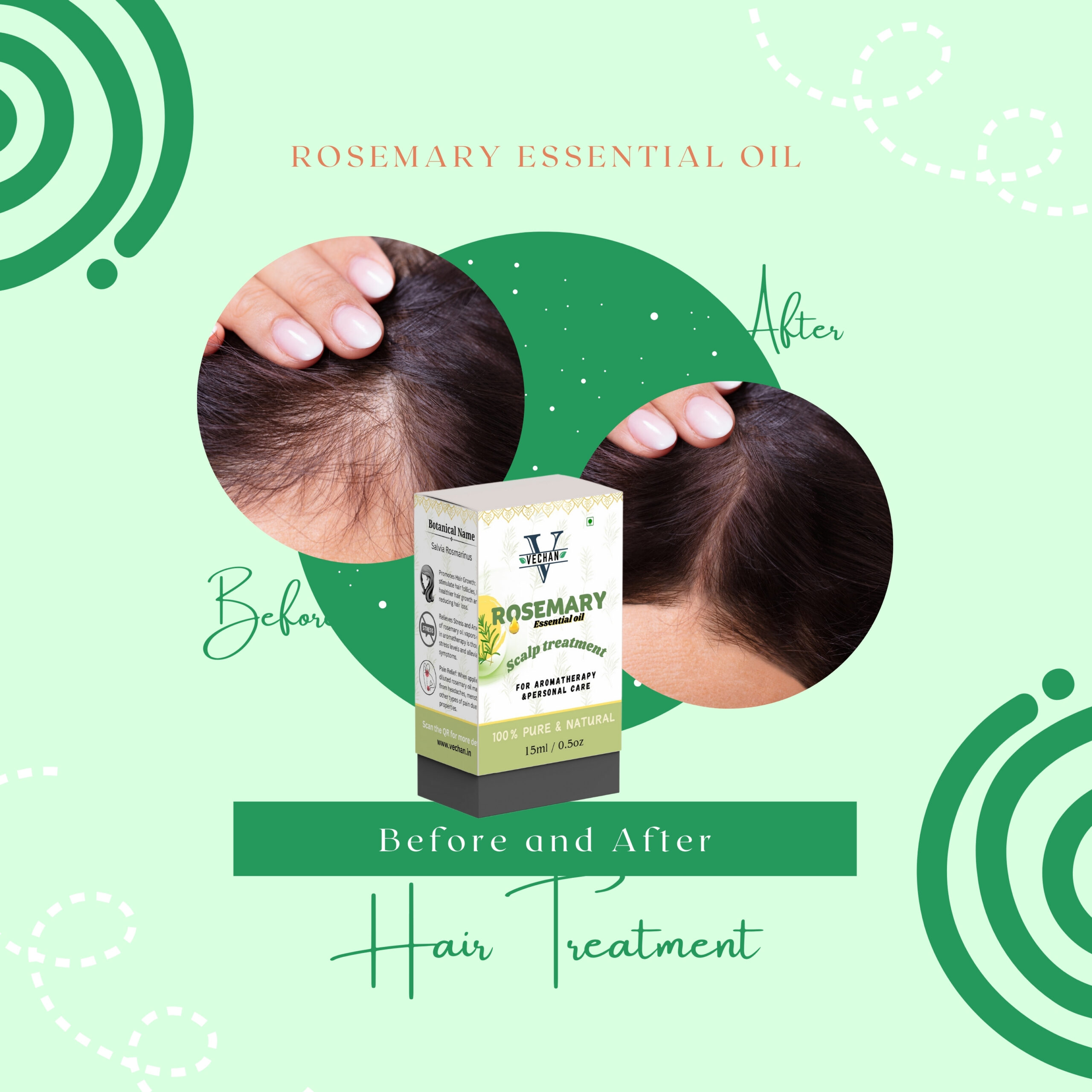
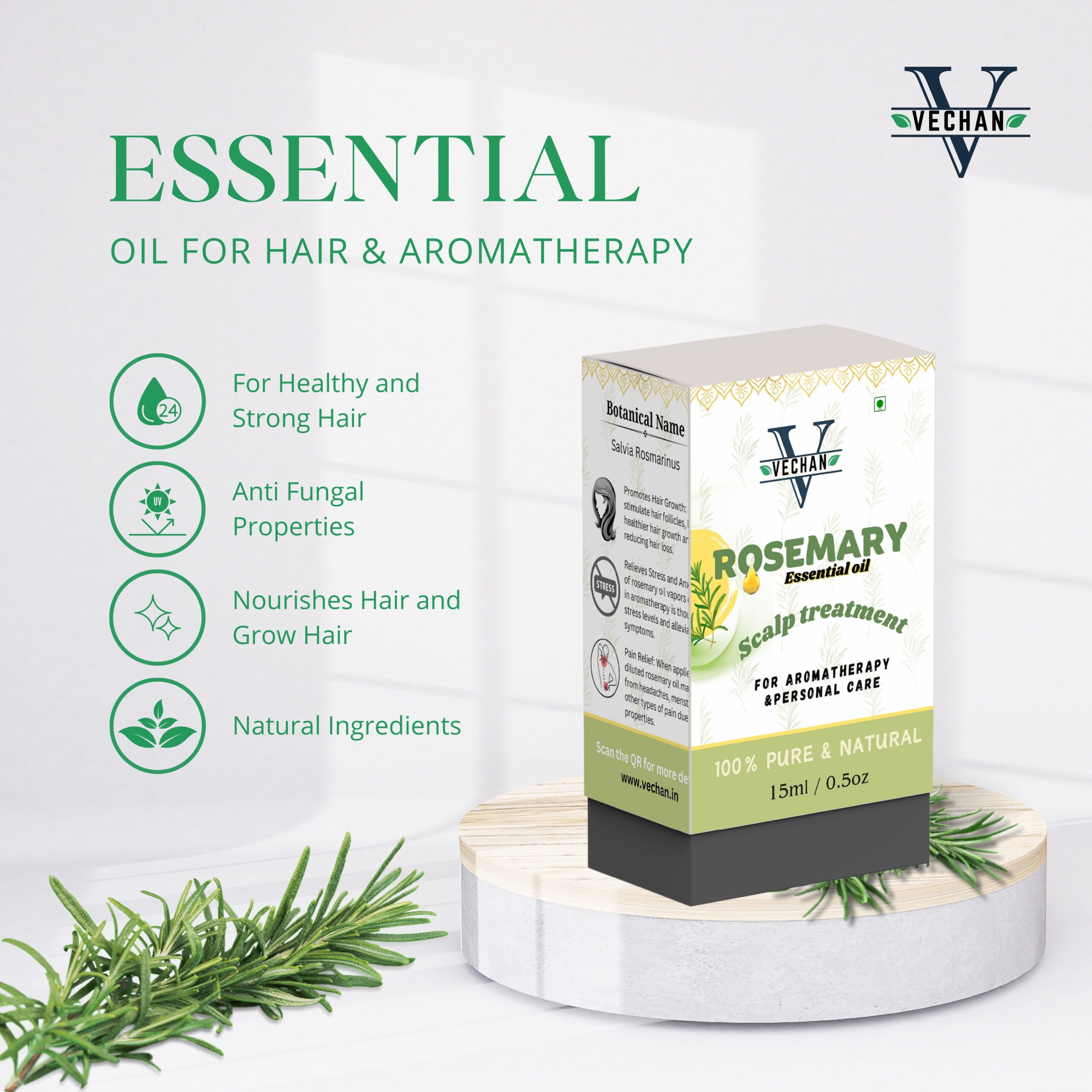
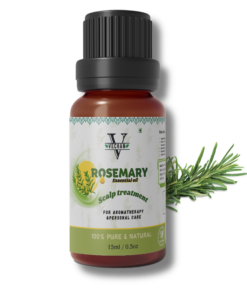





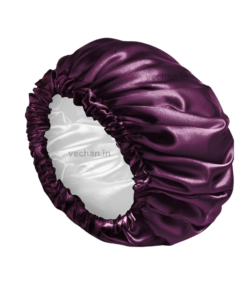

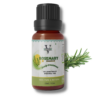
Reviews
There are no reviews yet.